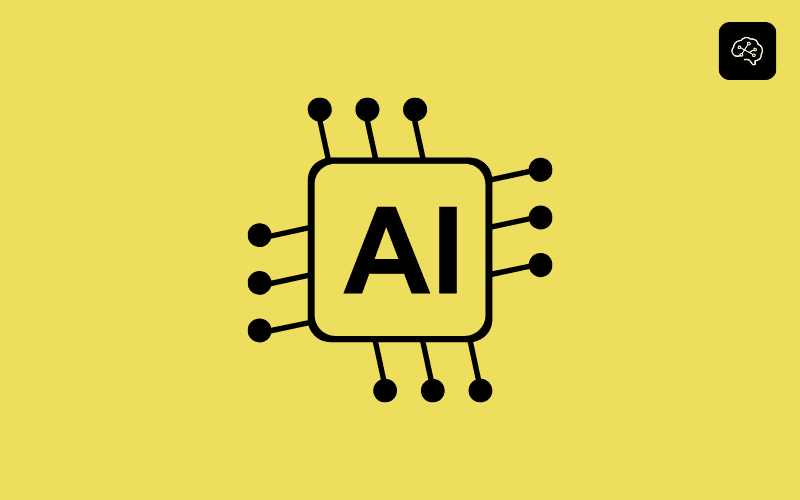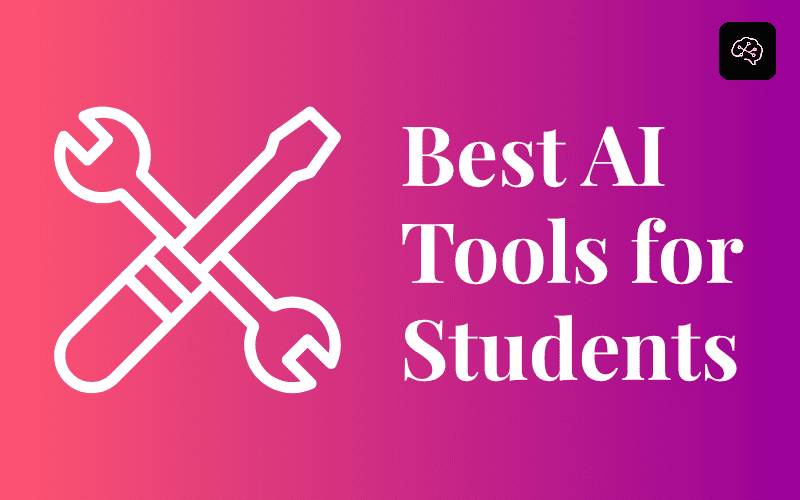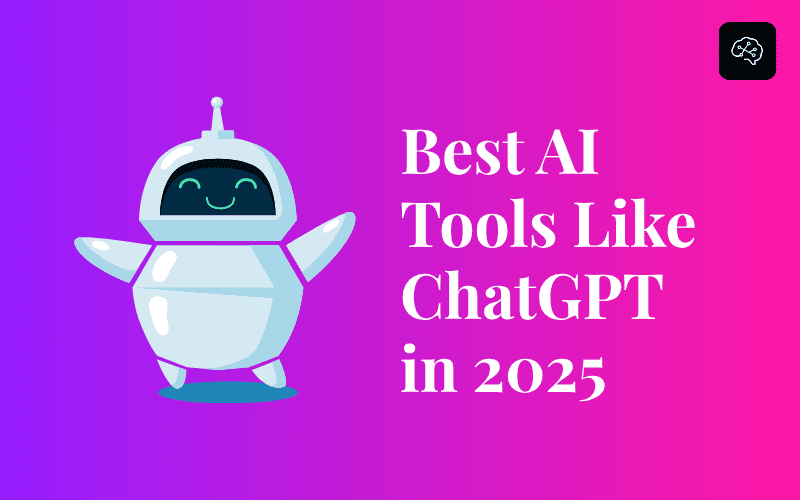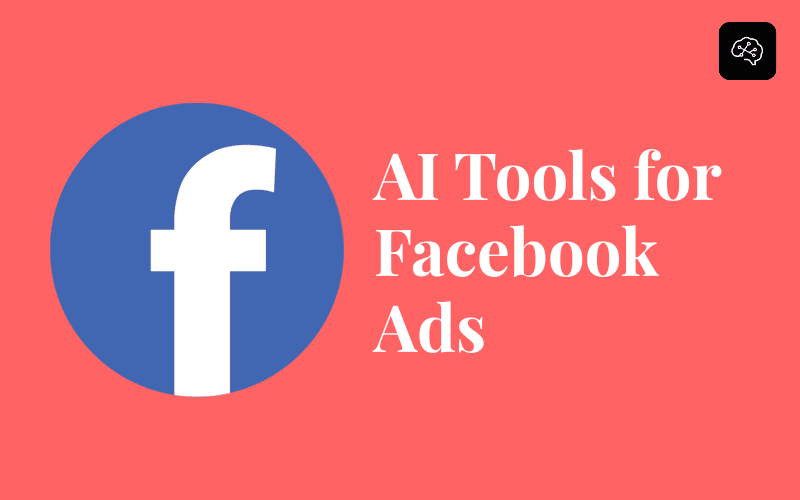AI Tools for Business Analysts in 2025: Features, Benefits, and Use Cases
In today information-fueled world, business analysts are in greater demand than ever. With companies creating a large amount of

In today information-fueled world, business analysts are in greater demand than ever. With companies creating a large amount of data each day, making that raw information useful is of the utmost importance, and this is where AI tools for business analysts come into the picture. These are the tools that are using AI and machine learning to enable anal ysts to understand the data faster, make more intelligent decisions and build up their businesses.
What is a Business Analyst?
A business analyst is an IT professional who studies a business or industry and helps it improve with the use of technology solutions. They are the bridge between the decision-makers and the technical team. They’re the ones who need to figure out where the business needs to go and how to get there effectively.
As AI is increasingly being leveraged as one of the tools to make data-driven decisions, there’s a whole new world of powerful assets that business analysts have access to. Instead of doing all of that work manually, they can leverage AI to do so much of the heavy tasks, and they can do that work at high speed and with precision.

Role of AI in Business Analysis
- AI is being used a lot to help business analysts work smarter. Instead of trawling through data for hours, analysts are now able to make data-driven decisions using AI tools that enable quick and precise insights.
- One huge advantage of predictive analytics for business analysts is that AI analyzes past trends and helps to predict what might come next. This enables businesses to plan better and even anticipate and mitigate future risks.
- Through natural language processing in business analysis, AI has the capacity to read and comprehend large volumes of text, including emails, survey results, or social media posts. And then it turns all of that data into valuable insights that help analysts make better decisions.
- Many automated business analysis tools, which are AI-powered, also automatically generate reports. Analysts no longer have to build dashboards by hand; AI tools assemble them with a few clicks.
- AI also enables data-driven decision-making through machine learning in business analytics, which helps it get smarter as it’s used. This enables analysts to receive smarter suggestions.
Top AI Tools for Business Analysts in 2025
Business analysis is becoming more data-driven, and it is great if you are using the right tool. Here are the leading AI tools for business analysts in 2025 to assist with improved decision-making, faster reporting, and smarter predictions. Here are the greatest AI-powered business analysis tools reshaping the industry this year:
Tableau AI
Tableau AI pairs data visualization tools with AI to enable business analysts to work smarter. It enables users to see data in clear charts, graphs, and dashboards. It doesn’t just show what has happened, it also helps predict what might happen next. This is enabled by predictive analytics for business analysts, which forecasts trends and results using historical data.
For those in search of AI-based business analysis tools, Tableau AI is one of the most convenient and advanced picks in 2025.
Key Features:
- Predictive modeling: Predict trends such as customer demand with built-in machine learning.
- Auto-Insights: Automatically identifies outliers, patterns, or correlations in datasets.
- Collaboration Hub: Dashboards & Data Stories for real-time sharing with stakeholders.
Best For: This AI tool is for analysts working with AI-powered data visualization and teams that require collaborative reporting.
Strengths:
- Intuitive UI for non-technical users.
- Compatible with Salesforce, SAP and cloud databases.
- Live decision-making with automatic updates of real-time data.
Tableau AI transforms complicated data into conversation-starting visual stories without any code, which works well for analysts who need to present insights to non-technical stakeholders quickly.
Microsoft Power BI with Copilot
Microsoft Power BI with Copilot will be one of the most used AI tools for business analysts in 2025. It offers powerful data visualization tools to understand data quickly, via AI. Analysts can type the questions in plain language, and Copilot delivers visual answers.
It’s a tool for building smart dashboards, reports and charts without coding. It’s a great option for anyone in need of no-code AI platforms for analysts. Power BI with Copilot also caters to real-time insights, helping to quickly react to events as they occur. It is useful for detecting trends and patterns with machine learning in business analytics.
Key Features:
- No-Code Predictive Analytics: Create ML models like churn prediction by dragging and dropping.
- Natural Language Processing (NLP): Processing customer reviews, surveys, or social media sentiment.
- Pre-Built AI Templates: Start with templates for common scenarios such as inventory optimization.
Best For: Microsoft-based teams and analysts who require predictive analytics capability for decision-making purposes.
Strengths:
- Integration with Excel, Dynamics 365 and Azure seamlessly.
- Can scale for large companies.
Power BI democratizes machine learning, giving analysts the ability to run advanced forecasts without depending on data scientists.
- Related Post: Best AI Project Management Tools to Use in 2025
- Related Post: 25 Best AI Tools for Students in 2025: Predictions for the Future
IBM Watson Studio
IBM Watson Studio is an AI platform for business analysts to enhance the business intelligence process with AI to get advanced insight into your data. Analysts can build machine learning models, analyze data and visualize information in a format that is easy to understand. Leverage the predictive capabilities introduced by Watson Studio for the business analyst to predict future patterns or trends and drive data-driven insights for more effective decision-making.
This platform is known in terms of its user interface, which is very simple even for non-technical users. It enables business analysts to automate the analysis process, meaning that it is perfect for businesses that are trying to accelerate data workflows. IBM Watson Studio also enables AI tools to make data-driven decisions, enabling companies to make more informed decisions with less effort.
Key Features:
- No-Code AutoAI: Automates the selection, training and deployment of tasks such as fraud detection.
- NLP Tools: It turns unstructured data (emails, calls, documents) into trend analysis.
- Collaborative Workspace: Allows teams to create, test, and share AI models in a secure environment.
Best For: Analysts dealing with unstructured data or who require clear, auditable AI models.
Strengths:
- It also has business features like security and scalability.
- Options for custom coding in Python, R, and SQL.
- Connects with IBM Cloud and other tools such as Tableau.
Watson Studio makes it easier to create ethical, explainable AI models, which is perfect for industries with heavy compliance requirements like finance or healthcare.
MonkeyLearn
MonkeyLearn is a quick-to-adopt AI tool to improve natural language processing in business analysis. It enables business analysts to auto-magically classify, extract, and visualize text data, which is very useful for qualitative research, surveys, customer feedback, and support request analysis. MonkeyLearn makes it easy to unlock insights from unstructured text and to make them actionable insights to drive decision-making.
The focus on AI that drives decision-making based on data makes MonkeyLearn a great option for those analysts who wish to optimize text data analysis and enhance business results.
Key Features:
- Text Analysis with NLP: Auto-classify feedback, tickets, or reviews.
- Sentiment Analysis: Understand customers feelings via social media or surveys.
Best For: Analysts who are working with customer experience or as voice-of-customer on customer data.
Strengths:
- No coding is required.
- Processes information in over 40 languages.
- Creates charts for presentation to stakeholders.
With MonkeyLearn, users extract structured information from unstructured text, like comments on product or service updates, and then the technology can help analysts rapidly iterate product offerings based on feedback from real customers.
RapidMiner
RapidMiner is the best AI tool for business analysts who need a platform to construct machine learning models without having to write any code. It contains a drag-and-drop design interface, which makes it very intuitive for analysts who wish to employ sophisticated data analysis methods rapidly. RapidMiner is compatible with various types of job-oriented skills such as data analysis, business analysis, text mining, and sentiment analysis.
RapidMiner is one of the best AI software for business analytics due to its powerful features. It incorporates machine learning into business analysis, enabling analysts to predict future data trends and insights that inform business decisions.
Key Features:
- Drag-and-Drop Artificial Intelligence: Design workflow for data prep, model design and deployment.
- AutoML: Helps automate feature engineering and model tuning.
- Dashboards in Real Time: Keep an eye on KPIs such as supply chain performance.
Best For: Manufacturing, Retail and Logistics analysts looking for predictive analytics to improve operational efficiency.
Strengths:
- More than 1,500 existing AI templates.
- Compatible with IoT devices for real-time streaming.
RapidMiner enables to reduction of the gap between data scientists and business analysts by providing a platform that can be used to optimize workflows and lower costs.
Qlik Sense
Qlik Sense is an easy-to-use predictive analytics for business analysts AI tool that assists individuals in exploring and generating insights from their data via interactive visualization, in which business analysts can explore and analyze business data more easily. Qlik Sense helps business analysts combine and analyze data from many sources for more informed decisions.
One of its main highlights is AI-powered data exploration and storytelling, which enables analysts to find hidden patterns in data. It also enables business analytics in machine learning, letting users predict and find trends with high accuracy.
Key Features:
- AI-Powered Insights: Auto-generate insights such as trends, outliers and correlations with augmented analytics.
- Conversational Language Querying: Ask questions like, “Why were sales down in August?” and receive AI-generated explanations.
- Predictive Analytics: Create predictions such as revenues or stock needs with embedded machine learning.
Best For: Analysts who require flexible, associative data exploration and teams in fast-paced industries, such as retail or finance.
Strengths:
- Drag-and-drop AI-suggested visualization options from the dashboard.
- Durable governance and data security capabilities.
Qlik Sense can serve as a great tool for exploring data without needing to rely heavily on hard and fast queries. Its AI capabilities make it an ideal tool for analysts who want to analyze the “why” behind trends and act on hidden opportunities.
Google Cloud AutoML
Google Cloud AutoML is a great AI tool if you’re a business analyst, which comes with various machine learning services that don’t demand a lot of technical expertise. It empowers business analysts to create personalized machine-learning models against the desired set of data. The platform has no code design, so even analysts can use it without any coding knowledge.
Google Cloud AutoML enables analysts to use machine learning in business analytics to automate time-consuming tasks, including data classification, image recognition and text analysis. It integrates with smart AI-based business analysis tools that enable businesses to rapidly extract insights from unstructured data.
Key Features:
- Custom Machine Learning Models: Create custom models for applications such as customer segmentation or sales forecasting, with no programming needed.
- Multi-Data Support: Work on images, text, tabular data and other data types such as product images to analyze retail trends.
- Pre-built Templates: Start with templates for popular use cases such as sentiment analysis or inventory optimization.
Best For: Analysts who require custom predictive models but aren’t deeply proficient coders, particularly those operating in retail, healthcare, or logistics.
Strengths:
- Beginner-friendly no-code interface, customizable for advanced users to adjust models.
- Integration with Google Cloud services such as Looker and Analytics.
Google Cloud AutoML democratizes machine learning, allowing business analysts to build custom AI models for specific use cases such as forecasting customer churn or optimizing ad spend without the need for data scientists.
SAS Visual Analytics
SAS Visual Analytics is a powerful business analytics offering that includes advanced analytics and AI features. It enables timely analysis and visualization of large-scale data and has become an essential feature in every AI-integrated business intelligence platform. With its predictive analytics for business users, it enables them to anticipate future developments on the basis of historical data.
Key Features:
- Automated Suggestion Modeling: Automatically finds signals, trends, and outliers within data sets.
- Predictive Modelling: Develop predictions with AI tools unique to SAS.
- Interactive Dashboards: Drag-and-drop capabilities to build real-time dashboards with AI-suggested visualizations.
Best For: Business analysts in regulated industries who require powerful, auditable AI tools for compliance and strategic reporting.
Strengths:
- Handles huge datasets quickly and accurately.
- Robust governance features for GDPR, HIPAA, etc.
SAS Visual Analytics is great for companies that are very concerned about being accurate, secure, and able to handle large amounts of data. Its AI-enabled storytelling enables analysts to turn data into boardroom-ready information while ensuring they are compliant with strict standards.
Benefits of AI Tools for Business Analysts
AI solutions are revolutionizing the way business analysts work and are provided with numerous advantages that make processing more effective, right, and insightful. These tools automate routine tasks and simplify data functions, which saves time and effort for analysts and provides the ability to focus on strategic analysis. From better decision-making to enhanced precision, AI tools deliver many benefits to business analysis.
Faster Workflows
AI automates data collection, data cleaning, and report preparation, which saves a lot of human hours. This can accelerate workflows so that analysts can get results much quicker. Devices automatically analyzing data for business analysts help process big data to be processed smoothly and effectively.
Better Accuracy
Reducing human error, AI tools can help us achieve more dependable and repeatable results in forecasting and analysis. AI-driven business analysis tools enable analysts to interpret their data with the confidence that they are not misinterpreting the data, as is possible with manual data processing.
Real-Time Data
To monitor key metrics and quickly adapt strategies, analysts are being forced to make quick decisions, so AI tools play a critical role in this rapid decision-making capability.
Visual Insights
Artificial intelligence-based data visualization tools translate data into easy visuals so that the stakeholders can understand complex datasets at a glance.
- Related Post: Top 10 Best AI Assistants in 2025: Smart Tools to Boost Your Productivity
- Related Post: Top 9 Free AI Tools for Audio Editing: Transform Podcasts, Videos & Music in 2025
Conclusion
AI isn’t just something from the future, it’s something businesses need to be using now for analysis. Tools such as Tableau, Power BI, and RapidMiner are fundamentally altering how analysts engage, think, and add value. From predictive analytics for business analysts to NLP-powered insights to interactive dashboards, there is something for everyone in AI.
In 2025, using AI tools for business analysts means faster decision-making, better insights and a better understanding of business challenges and opportunities. Whether you are a startup or a large enterprise, the advantages of AI-driven business intelligence tools are for everyone.




